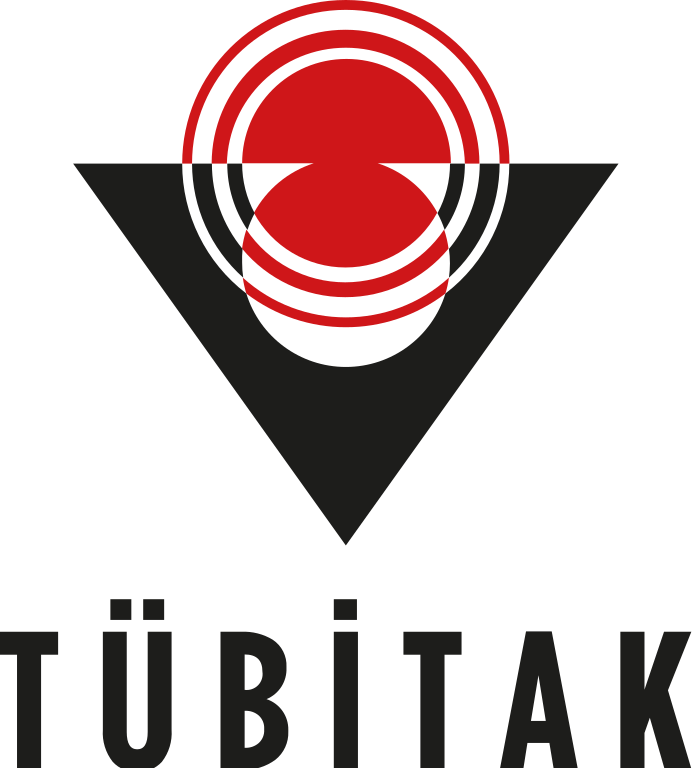Causal analysis of daylight saving time and quantifying its impact on wellbeing
Data collected over mobile applications, health devices, and the internet is becoming increasingly important to model human behavior. Machine learning can be used to build predictive models; however, the causal analysis provides substantial benefits in studying the relationship between data obtained from different sources and human behavior. The causal framework provides measures to quantify treatment effects. One approach used to measure treatment effects on temporal data surrounding an natural event is comparing observations with a control group. We can conduct causal analysis for these natural observations by studying the data around these events. In this study, we will study how daylight-saving policies in Turkey affect the well-being of individuals. We plan to systematically analyze the past ten years of data capturing the timeframe when daylight saving policies were in place and removed after 2016 result Turkey’s permanent summertime (GMT+3) use. Daylight saving policies in Turkey has a political and economic impact. Since Turkey’s location determines the sunrise time, and the local timezone decides various aspects of the social life such as school start time, years without daylight saving policy leads late sunrise resulting in darker mornings. When daylight saving policies in use, this also creates immediate change resulting in 1-hour shift for sunrise time. These sudden changes also have an impact on mood and well-being. In this study, we will compare different daylight-saving policies and their effect on mood changes over time. In the study, we will conduct a large-scale analysis of the content created in the past ten years on social media. We will analyze population aggregated valence time series around daylight saving and their counterparts for the comparison. One additional aim of this project is to present an analysis based on scientific data to provide policy recommendations for national daylight saving regulations.
This project is funded by TUBITAK 1002 program under the grant number 121E013
| Funding Agency |

|
|---|---|
| Proje Duration |
|
| Team |
|